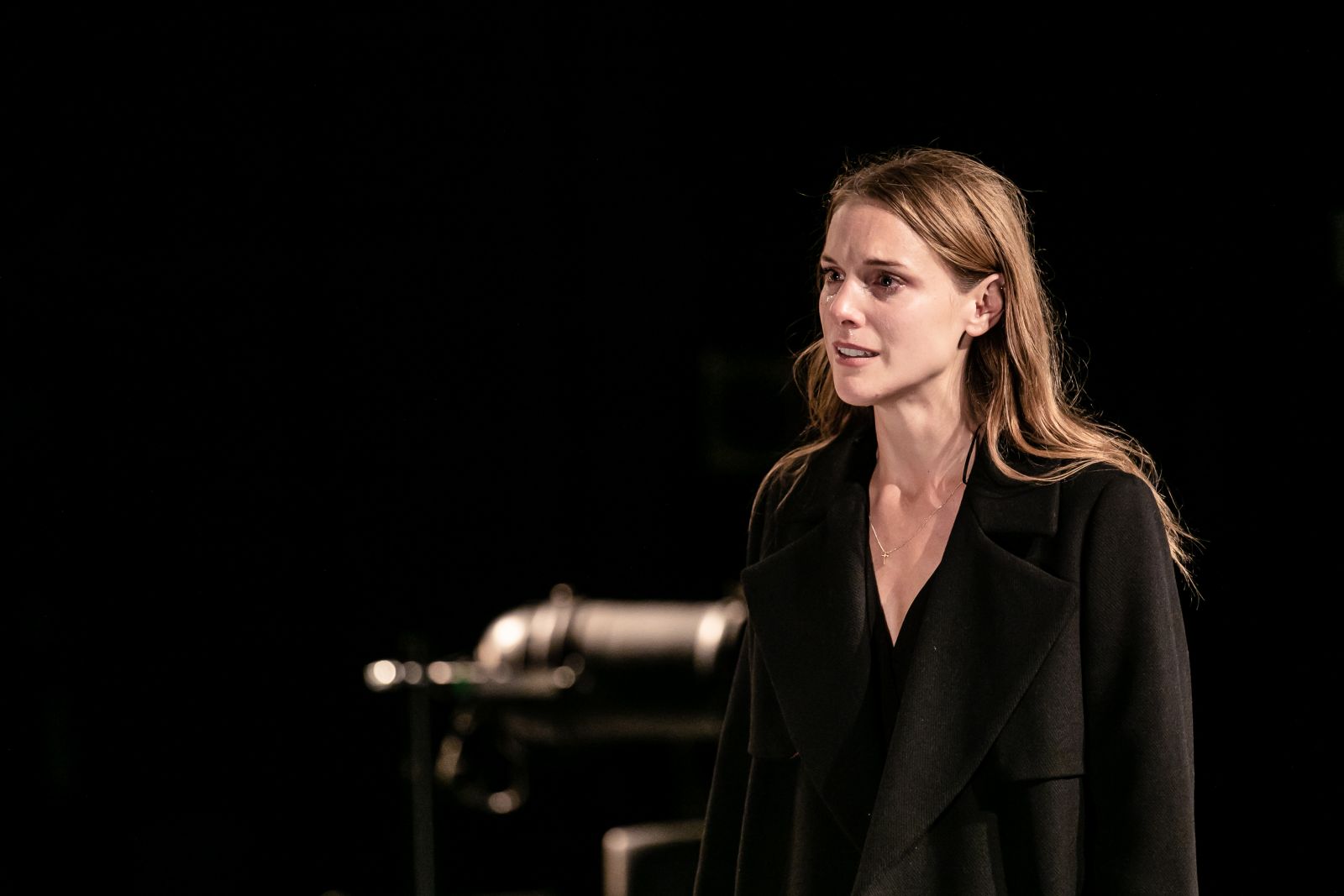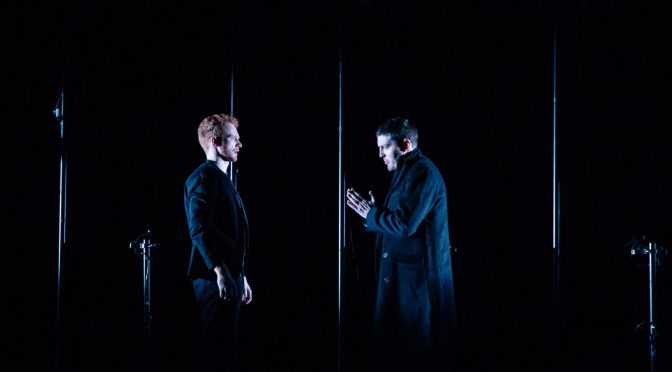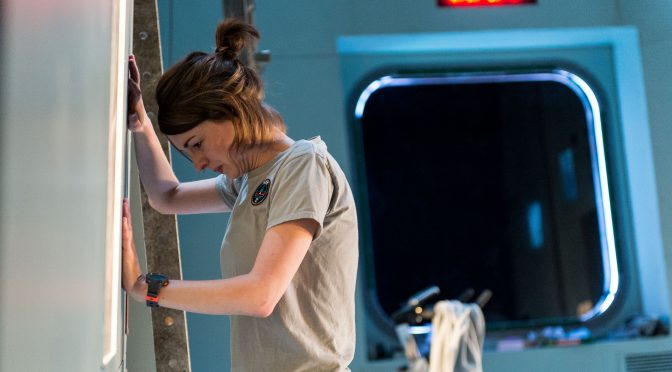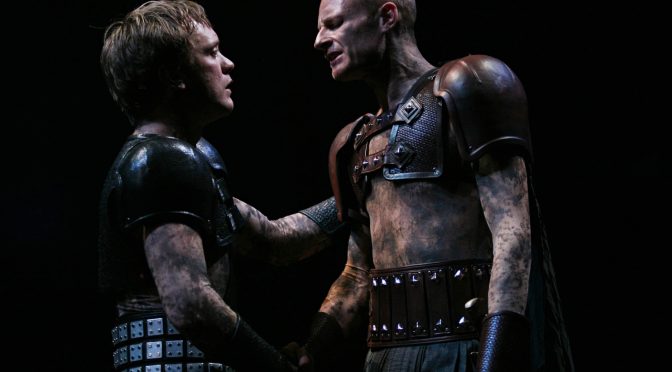Friedrich Schiller’s late-18th-century work is a play that has it all, with tons of plot – intrigue at the court of Philip II of Spain (so great for history buffs) – and a romance, too. The Infante Carlos’s love for his former fiancée, now step-mother, leads to scenes with papa Phil that would delight any Freudian. Big politics and Greek-style family drama… it really is two for the price of one.
Samuel Valentine takes the title role, cutting a dashing figure, but also showing the pressurised heir as increasingly fragile. The reigning monarch Darrell D’Silva has a great time striding the edges of a moral and political “abyss”. He does ham it up, but he plays the most powerful man in the world at that time and, if you have a claxon to summon people, it must be hard not to use it. Sympathy for a tyrant isn’t easy, but D’Silva has the skill to make us consider Philip’s deep loneliness. Completing the love triangle is Kelly Gough as Elizabeth of Valois. A figure of “angelic condescension” but also an ambition-fuelled queen, Gough plays with both extremes expertly.

On top of roles a good deal wordier than usually encountered, the performers aren’t aided by Gadi Roll’s strict direction. Reflecting the formality of the Spanish court by so often restricting movement is an intelligent instruction that makes you admire the actors even more. Added to that, the speed of delivery here is astonishing, with never a tongue tied. It makes you breathless to hear this play. The impression left at the interval is of clarity but sterility, a dynamic that comes close to totally flipping soon afterwards. The staging is stark, with Rosanna Vize’s design all about Jonathan Samuels’ lighting. Props are minimal and lights moved around – ironically the play is often too atmospherically dark. But Roll ensures this is a gripping story. And there’s still more – this is a play of ideas: leadership, freedom and friendship, all with a Romantic air.
Embodying many abstract concepts is Tom Burke as the Marquis of Posa, a role that makes the play really special. A plotter in it for the long run, Posa describes himself as “a citizen of times to come”. The role at once parades Schiller’s hindsight and futureproofs the play. Weighty themes of revolution are made urgent and philosophical. The ideas are fascinating, the character too – with a mix of unbelievable devotion and prescience that Burke manages to make credible and human. He also sounds, well, fantastic.
Blood and thoughts are “wild” in Don Carlos– streaming from a conflict with duty and from a time when youth and ideas are about to change the world. The production might struggle with the passion, too tamed at times and then unleashed too quickly, but the complexity of both the drama and the argument are given their due.
Until 17 November 2018
Photos by The Other Richard



